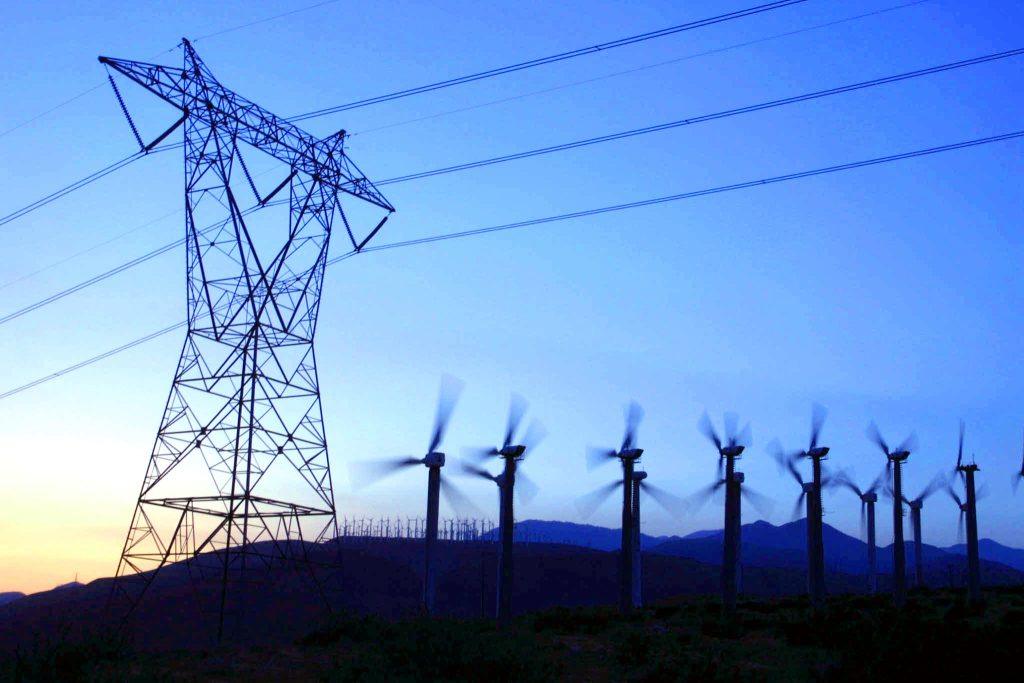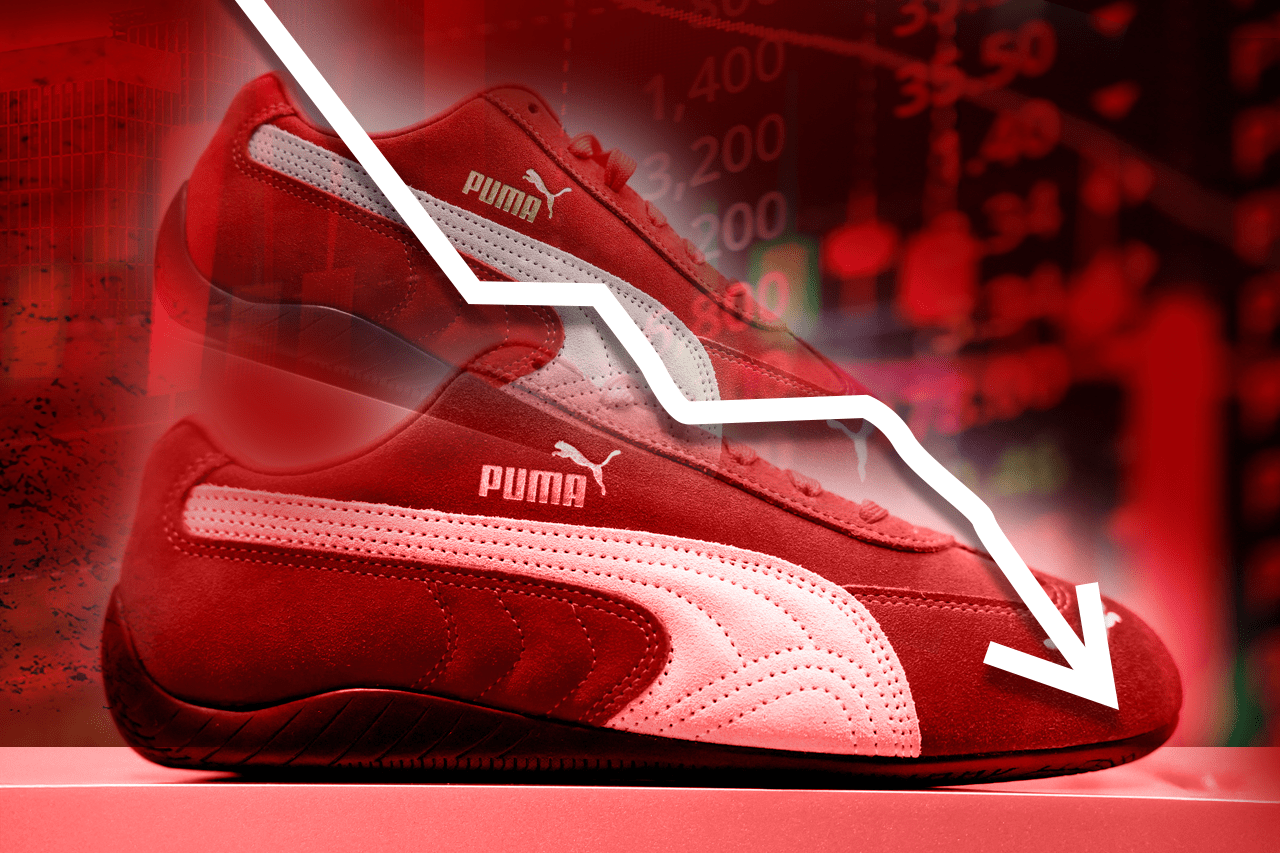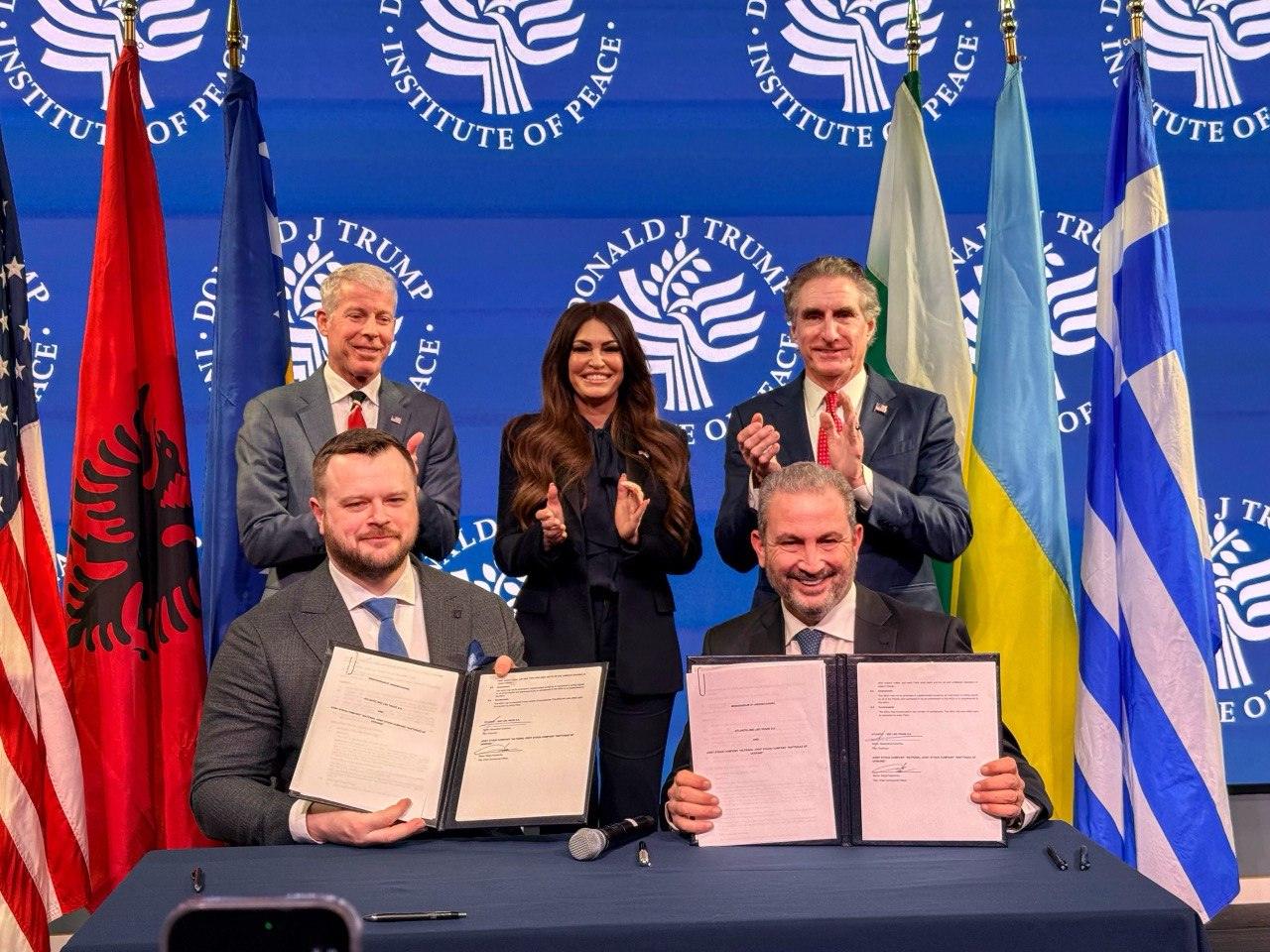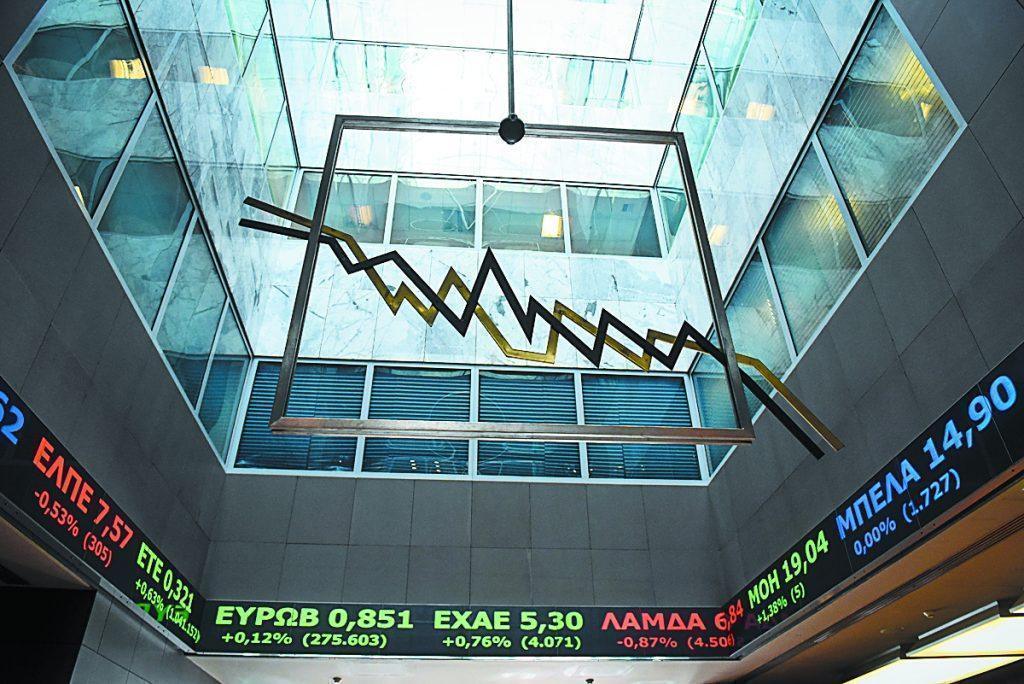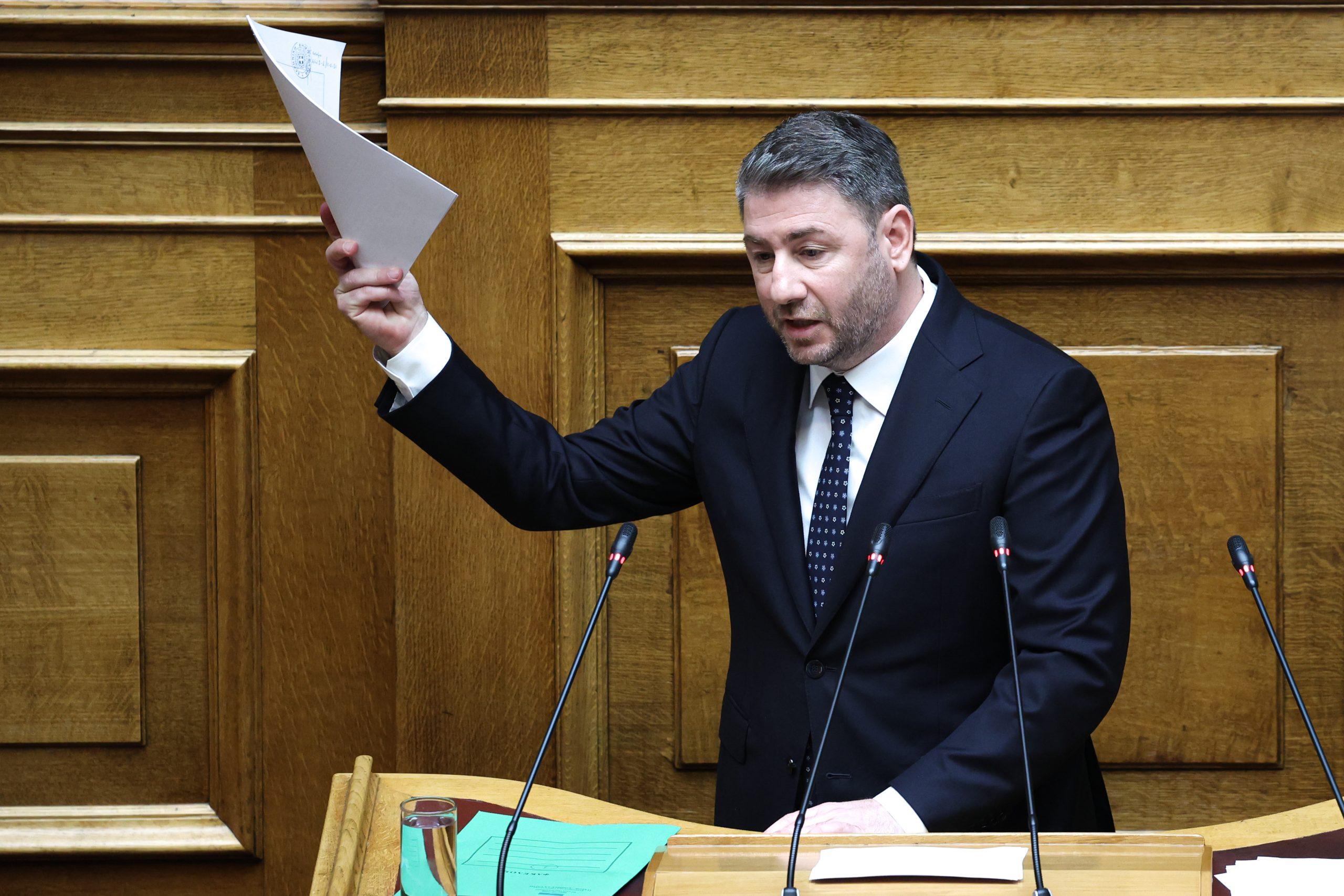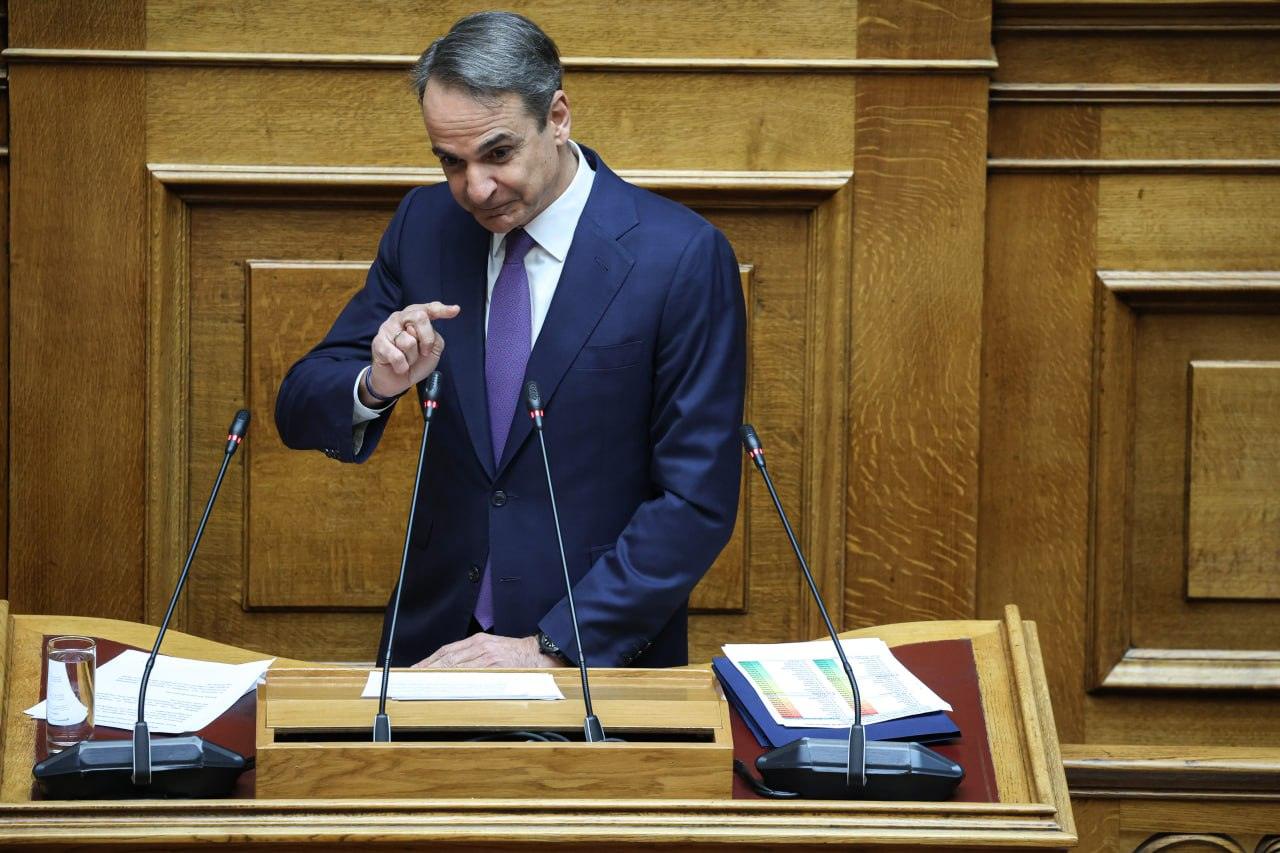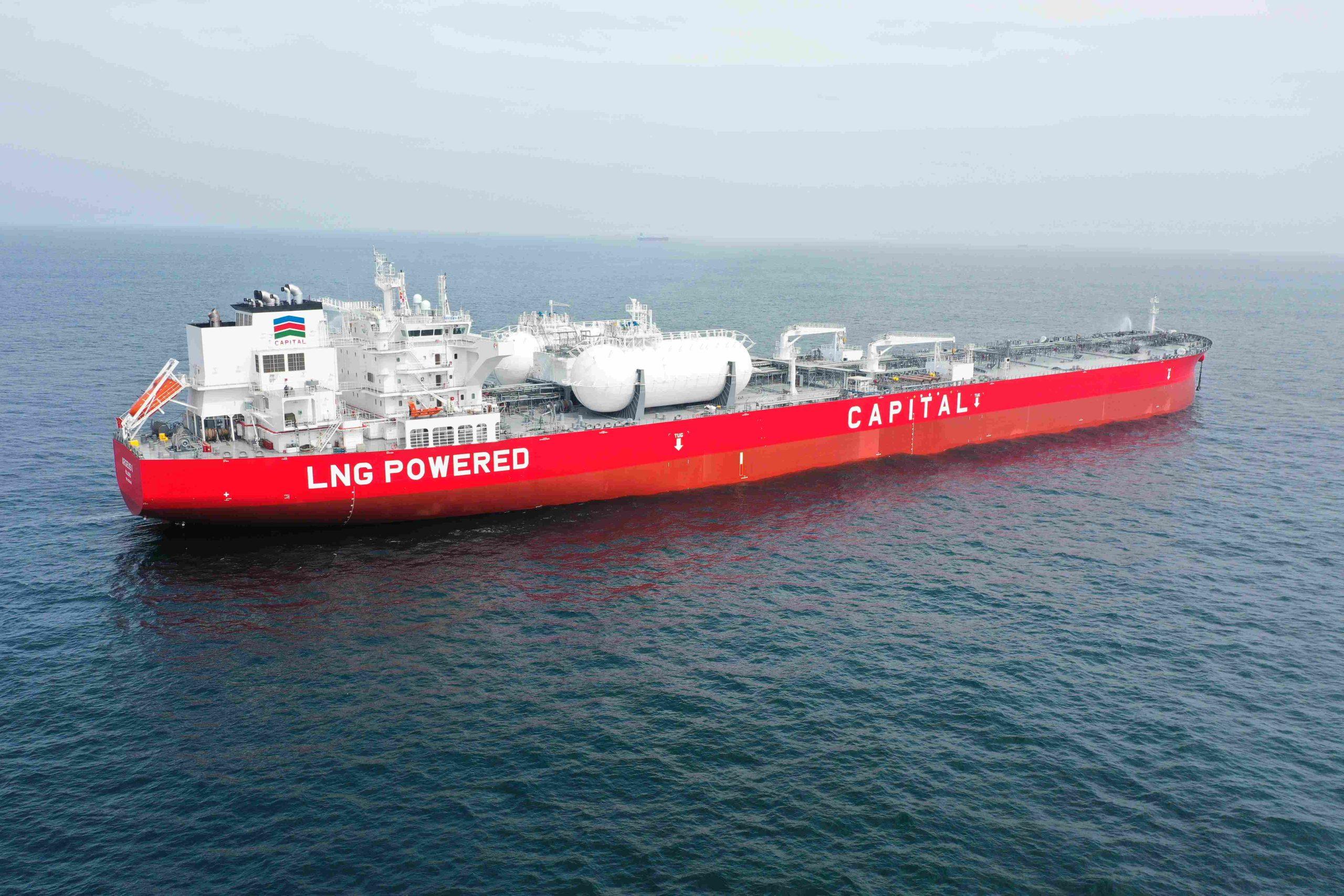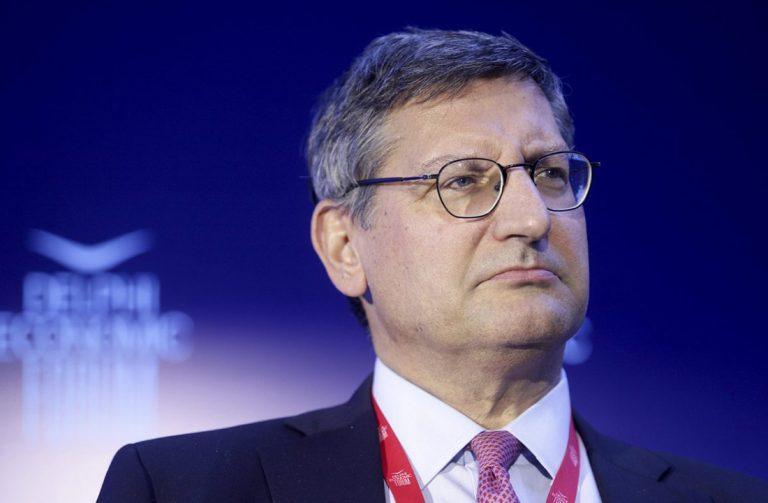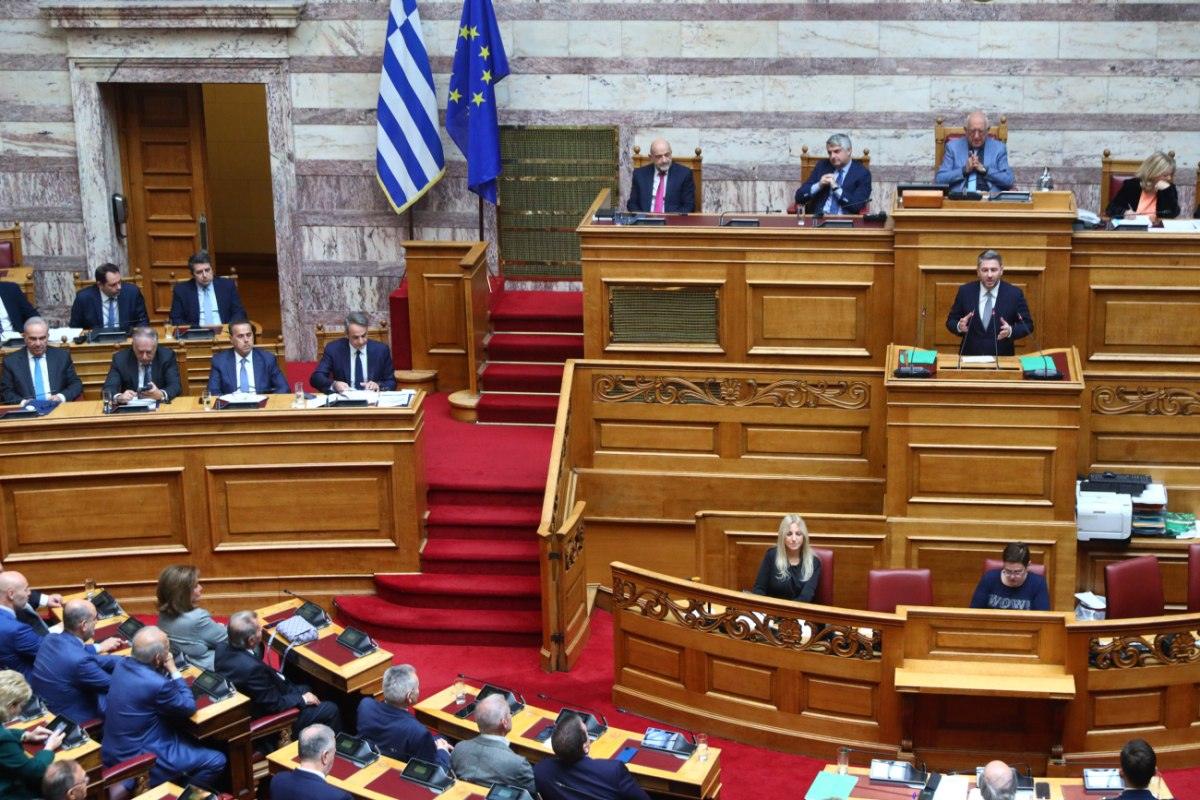Greek electricity providers are set to reduce “green tariffs” for September by 10% to more than 20%, following a sharp decline in wholesale energy prices. The move comes as Prime Minister Kyriakos Mitsotakis warns of government intervention if reductions are not passed on to consumers — a threat industry insiders dismiss as largely symbolic.
Wholesale Prices Fall Sharply
According to the Hellenic Energy Exchange, the average Day-Ahead Market price fell by 27% in August, closing at €73.15 per megawatt-hour, compared with €100.57 in July. Providers are now expected to pass on much of this reduction to households.
Protergia, a subsidiary of Metlen and the country’s second-largest provider after PPC (Public Power Corporation), announced on August 28 that it will cut its green tariffs by 11.2% in September, while reducing yellow tariffs by 18% compared with August.
Why Prices Dropped
Market analysts cite two key reasons for August’s lower prices: reduced demand during the holiday season, when many businesses closed or operated at limited capacity, and favorable weather conditions that boosted renewable energy production.
Strong summer winds increased output from wind farms, while solar parks added further supply. Renewables covered more than 53% of Greece’s power mix in August, compared with 43.31% in July.
By contrast, July’s heatwave and weak winds had driven up demand for air conditioning and increased reliance on costly gas-fired power plants.
Mitsotakis’ Warning
On Sunday, August 31, Mitsotakis warned that if providers failed to reflect wholesale price drops in retail tariffs, the government would intervene, hinting at a possible cap on wholesale prices.
However, market participants argue the prime minister’s warning lacks substance. “The wholesale market has already fallen, and providers will follow this trend,” industry sources said, stressing that competition — not threats — dictates commercial policy.
Competition at Work
Analysts note that providers have already offered discounts in recent months to offset rising costs, and the September reductions confirm that competition continues to shape pricing.
Source: tovima.com
